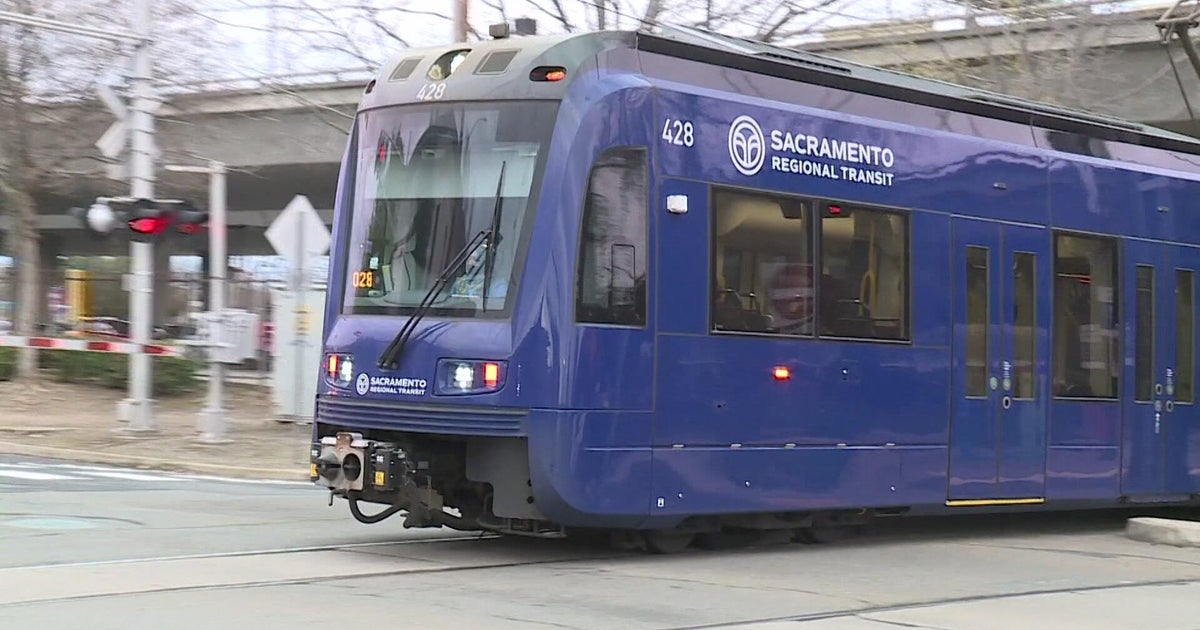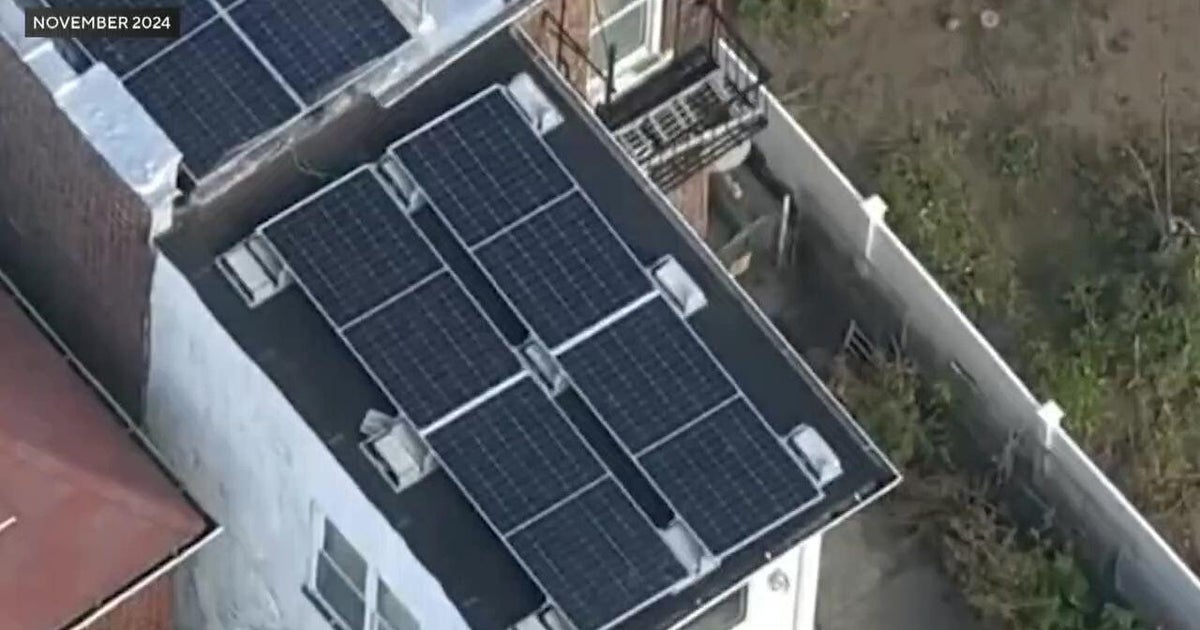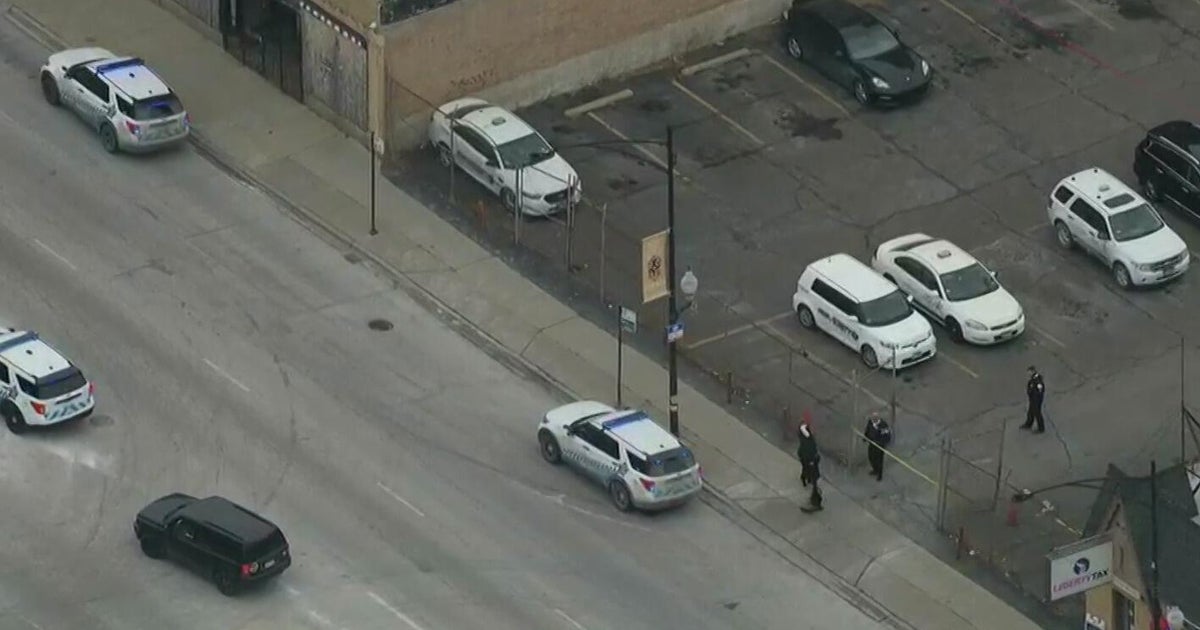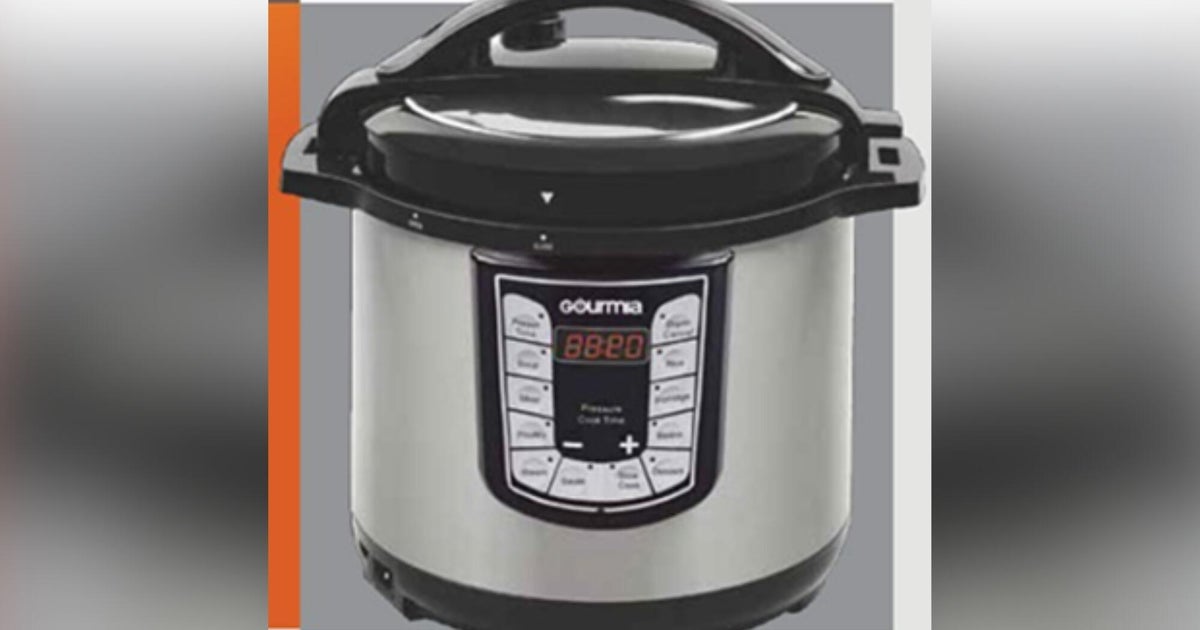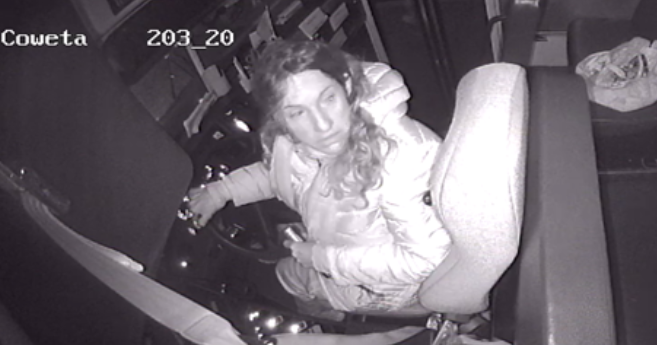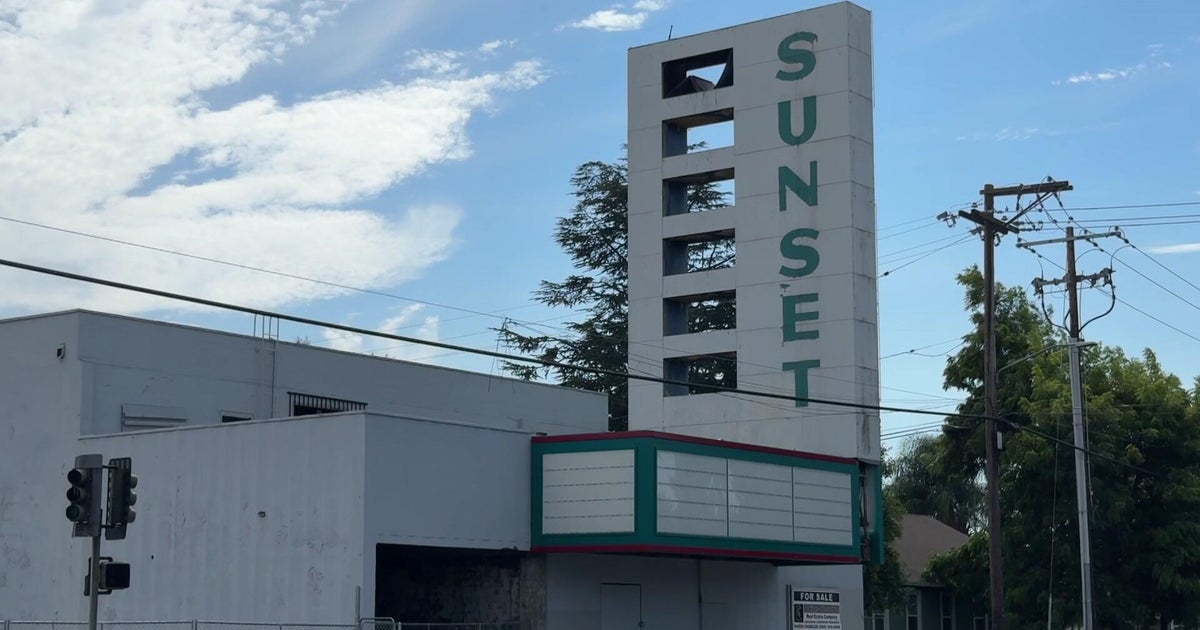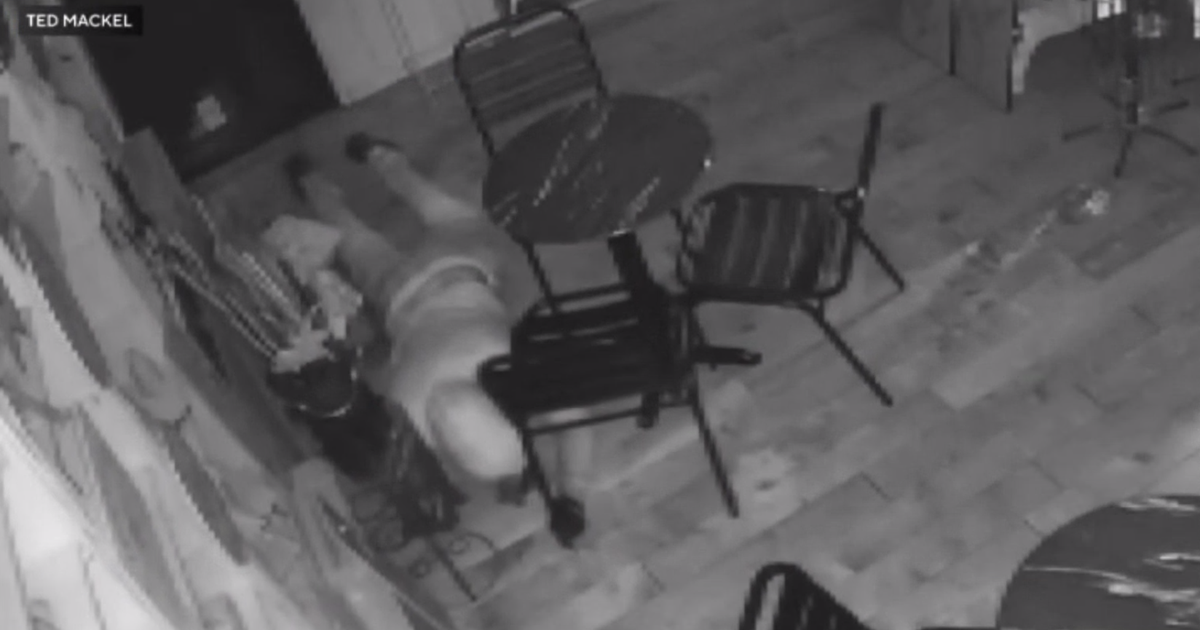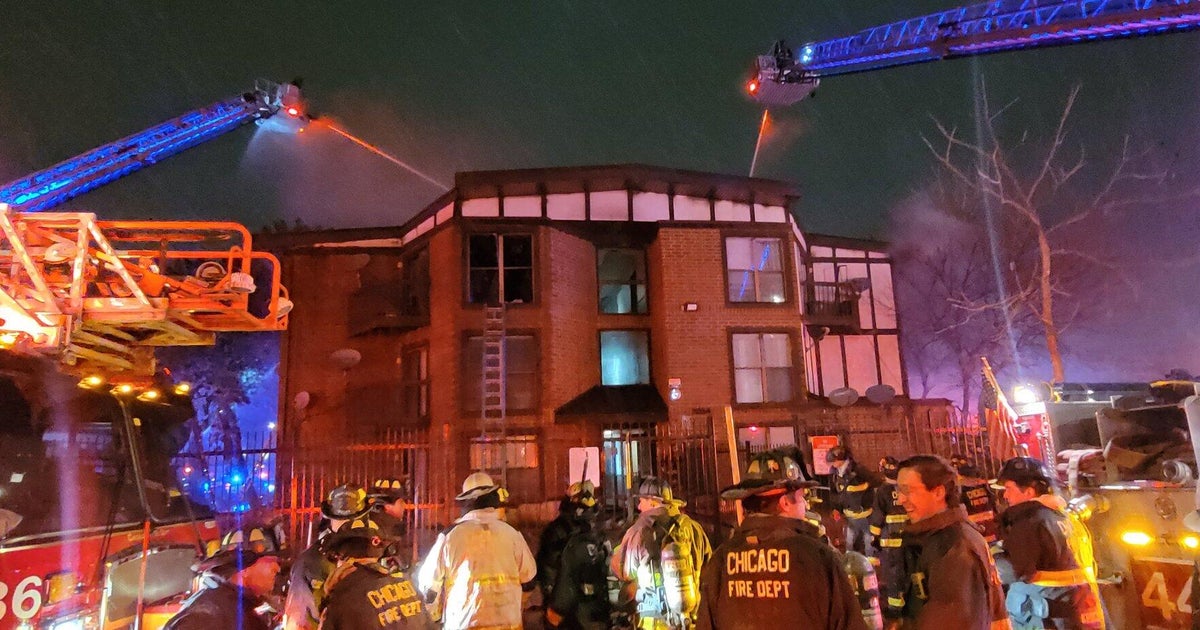3 On Your Side: Bogus Check Scams
By Jim Donovan
PHILADELPHIA (CBS) --It's a popular swindle that is on the rise, but it comes in many versions and it may not be easy to recognize.
3 On Your Side consumer reporter Jim Donovan has important information on how to avoid being ripped off.
The scam may take the form of telling you that you've hit the lottery, or it may be the promise of a new job.
But often, it's really just a scheme, and the people behind it are out to steal your money by using phony checks.
It nearly happened to Chemile Jones.
"I think it's disgusting," said Chemile.
She received a check for more than $2800 after she responded to an online advertisement offering to pay people to put advertising on their cars.
"The economy today is struggling, and everybody is looking for a way to make legit extra money," said Chemile, who works for medical billing company.
The come-on was a mystery shopping job for Chet Hughes, who is currently unemployed.
"I would take out $150 for myself, and then the remainder would go to this person," said Chet about the instructions he was given.
In Rita and Tony Arrigo's case, they knew something wasn't right last spring when a man agreed to rent their Wildwood Crest duplex for a few days for $300.
"Never in my life have I encountered anything like this," said Rita Arrigo when the couple received a check for $5500 for the rental.
"Who would make a mistake of $5200 dollars?" asked Rita.
It's the biggest scam we heard about at 3 On Your Side.
But millions of people fall for these kinds of bogus check scams every year.
The scam varies from case to case, but here's how it basically works:
You're sent a check or money order with a higher amount than you're expecting.
It doesn't take long before an explanation follows.
You're then told the extra money is for taxes or shipping, or even to pay somebody else.
You may be told it was just an honest mistake, but you're still asked to deposit the check and wire it to somebody else.
Later, the scammer's check bounces and your money is gone.
We spoke to Reginald Wade, who is an inspector with the United States Postal Service.
"It's a huge problem," he told us.
According to Wade, the U.S. Postal Service confiscated $173 million in bogus postal money orders and checks last year.
He says these crooks can be convincing.
"They make these counterfeit documents look really close to the actual documents," Wade explained.
"It looked actually official," said Chet when he described the postal service check he received recently.
Still, he was wary.
So Chet went to his local post office in Wernersville, Pennsylvania where officials told him the $998 check was a fake.
"I was so glad that was my first stop instead of my bank," he said.
Chemile's check came via FedEx.
Her antenna went up when she was instructed to wire money to a painter who would wrap her car with an advertisement.
"I asked myself, 'Well, why am I paying the painter if you have a contract with him? Why aren't you paying the painter?'" said Chemile. "It was a red flag that had 'scam' written all over it."
"Just ask yourself, 'Why is this individual asking me to send them back a part of this check?'" said Wade. "It doesn't make sense."
But people still fall for it.
The bottom line is that if someone sends you a check and asks you to cash it and send some of the money elsewhere, you should not do it.
It can take a week or more for a check to clear, and that's why the scam artists put pressure on you to wire out the funds right away--before you learn the truth.
Ultimately, you're responsible for paying the funds back to a bank when a check doesn't clear--even if it's counterfeit.
The United States Postal Service has several phone numbers that consumers can call to obtain information if they believe they are being scammed by a counterfeit checks. The numbers are: 1-877-US MAIL 5 or 1-877-876-2455
More information:
Don't fall for the Mystery Shopper Scam!
It's a new twist on the "fake check" scam: People across the country are receiving letters in the mail - accompanied by fat checks - inviting them to earn extra money as mystery shoppers. The letter invites you to become a paid mystery shopper in your area and the letterhead and check appear to come from a legitimate U.S. company. The listed phone numbers, however, originate outside of the country.
Here's how it works: the letter instructs you to deposit the check - for, say, $3,750 - into your checking account, wire $3,150 using a company like Western Union or Money Gram, keep $300 as pay, take out $200 for wiring fees, and use $100 to purchase merchandise. Then you're told to contact the person named in the letter for further instructions. Sounds like an easy way to make money, right? But if you deposit the check, you'll get a notice from the bank that it bounced, and you're left holding the bag for the $3,750. Postal Inspectors advise that if you receive this offer, do NOT respond. Instead, report the incident to Postal Inspectors at 877-876-2455.
Reshipping Scams
Have you been asked to receive packages at your home or business and mail them to someone else? Postal Inspectors' advice: Don't do it! Criminals use a variety of come-ons to trick people into reshipping fraud. They may even send counterfeit mailing labels to their recruits as a part of the scheme. The U.S. Postal Service returns packages with invalid postage. See if you recognize one of these reshipping scenarios:
Work-at-Home Scams
Criminals post phony job announcements on Internet career sites offering positions such as "merchandising manager," "package processing assistant," or a similar title. Job duties include receiving packages and mailing them to a foreign address on behalf of a client. They may even send you postage-paid mailing labels.
The real story: A criminal has purchased merchandise with stolen credit cards and needs your help to smuggle the goods out of the country. The company is fake - even the mailing labels are counterfeit - and you are committing a felony when you help out these criminals.
Sweetheart Scams
Fraudulent re-shippers also lurk on dating websites. They send a few e-mails to get to know you and may even send a photo or flowers. Once they have your attention, they ask you to help their business or family by shipping packages to Europe or Africa. They may even claim to be working with a charity or mission and request help in get-ting "donated" merchandise delivered to Africa or another part of the world.
The real story: You're being asked to commit a crime by smuggling stolen goods. The photo may look like your perfect match, but it's a fake - and could be the picture of your worst nightmare.
Postage-Paid Label Scams
Scammers sometimes buy merchandise on Internet auction or classified advertisement sites (and they often use counterfeit checks or stolen credit accounts to pay.) When they contact the seller, they ask if they can provide a postage-paid shipping label instead of paying for postage. Then they e-mail a label that looks legitimate.
The real story: The label is counterfeit or it was bought using a stolen credit card. When Postal Inspectors follow the clues to the return address, it often leads to an unsuspecting victim of a postage-paid label scam. Too often, the victim tells how the payment for the merchandise bounced, too. USPS® Click-N-Ship® customers will want to make special note of this scheme.
Foreign Business Offers
The potential victim receives an e-mail from a supposed foreign official, businessman, etc., with a proposal. The sender wants to move large sums of money from a foreign country and needs assistance. The victim is usually offered a portion of the proceeds. If the victim agrees, he usually receives checks for large sums of money in the mail. The victim deposits the checks into his or her bank account and the funds are posted to the account and shown as "available." The con artist wishes to send more money to the victim but quickly needs a portion of it returned in order to supposedly bribe an official, pay transfer fees, etc. The victim believes the previously deposited checks were genuine because the funds show as "available" in his bank account, so he honors the request and wires a portion of the funds back to the fraudster. The original deposited checks are returned as counterfeit and the victim is then held responsible for the loss and associated fees.
Sudden Riches
The potential victim receives a letter stating he has the right to receive a substantial sum of money. For example, the letter may say that the potential victim has won a foreign lottery or is the beneficiary of someone's estate, such as that of a long-lost relative. The letter will inform the victim that he must pay a processing or transfer fee before receiving the money. However, a check or money order is enclosed to cover the required fee. The letter will ask the victim to deposit the check or money order into his bank account and wire the fee to a third party, usually in a foreign country. No legitimate contest promoter will ever ask for money to be paid upfront in order to send out a prize. It's also wise to ask yourself whether you even entered the contest in the first place.
Overpayments
A scammer offers overpayments on items that a consumer advertised in the classifieds or an online auction. The scammer sends the seller a check or money order for more than the purchase price and then asks that the extra money be sent to someone who will take care of shipping. In another scenario, scam artists say that a check or money order payment will come from someone who owes them money and tells the victim to deduct his/her share and send the rest. They may claim they're in a foreign country and that because of currency differences it's difficult to make payment directly. Consumers who buy and sell on craigslist should make special note of this scheme. Scammers sometimes claim they sent the wrong amount "by mistake" and ask victims to return the excess. Legitimate buyers will be happy to send the exact amount you're owed.
Tips to Avoid Scams
-If it sounds too good to be true - it is.
-Foreign lotteries are illegal in the U.S.
-Check your monthly statements.
-Never deposit a check if you don't know who sent it to you.
-Your bank will never e-mail or call asking for your account number.
-Closely examine ads or offers.
-Don't provide personal information to a person or company you don't know.
-Be suspicious of any offer that doesn't pay a regular salary or involves overseas companies.
-Contact your state Attorney General's Office or Better Business Bureau.
Links:
